News
Department of Environmental & Occupational Health
-
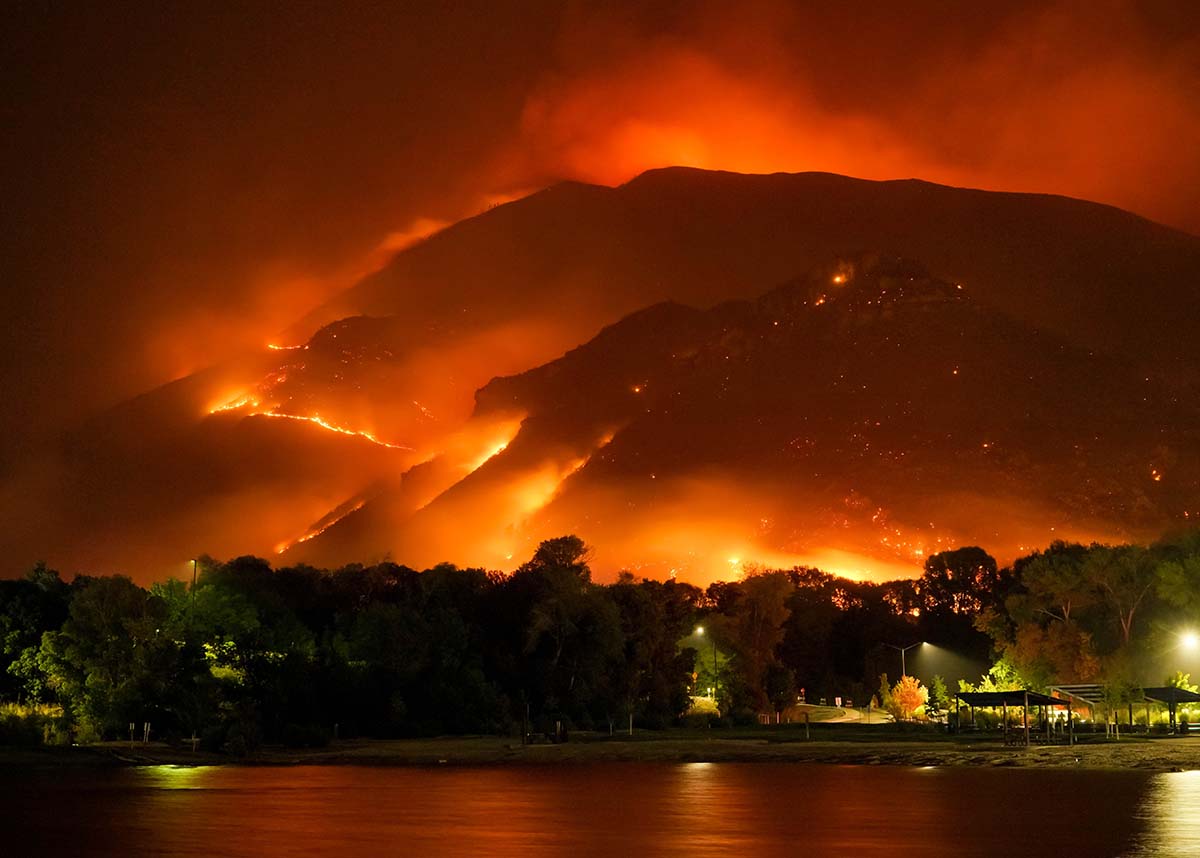
After the Marshall Fire: Survey offers community snapshot of recoveryOpens in a new window
Apr 19, 2023The Marshall Fire Recovery & Resilience Working Group looked to the communities affected by the Dec. 30, 2021, fire that destroyed over 1,000 homes. The team includes Katherine Dickinson, PhD, assistant professor of Environmental & Occupational Health.Opens in a new window Full story -
/chwe-newsroom/rd-2023.jpg?sfvrsn=77b024bb_0)
What We're Taking Away From Research Day 2023
Apr 17, 2023The Mountain & Plains Education and Research Center and the Environmental and Occupational Health Department of the Colorado School of Public Health hosted its 14th Annual Research Day Symposium. What are we taking away from that event? Hope.Full story -

New treatments for an aging populationOpens in a new window
Apr 15, 2023The World Health Organization forecasts humans will live longer and have fewer children in the coming decades. This trend, also known as population aging, means that “right now is the moment to improve the built environment to prepare for those aging communities,” says David Rojas-Rueda, ColoradoSPH assistant professor at CSU.Opens in a new window Full story -
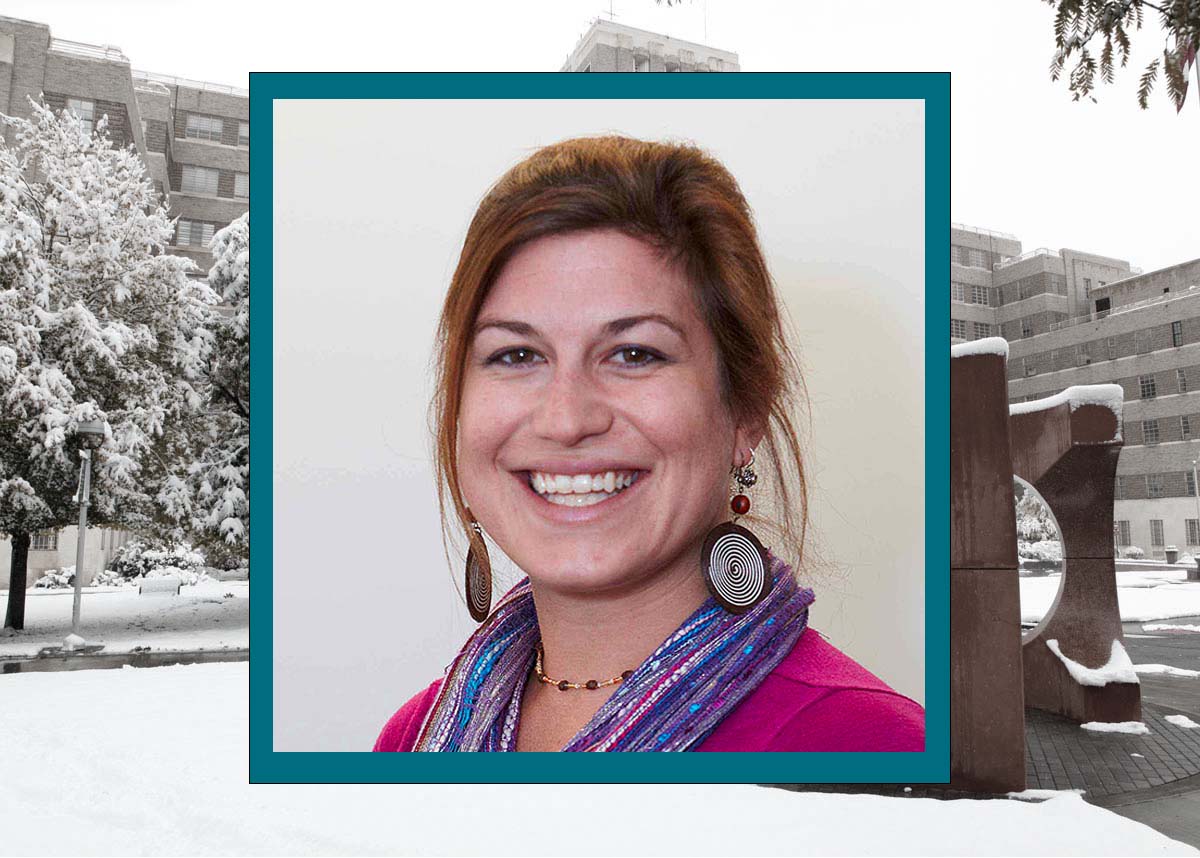
CSU professor works for environmental justiceOpens in a new window
Apr 6, 2023Stephanie Malin is a ColoradoSPH adjunct professor, associate professor at Colorado State University and one of the co-founders and steering members of the Center for Environmental Justice at Colorado State University.Opens in a new window Full story -
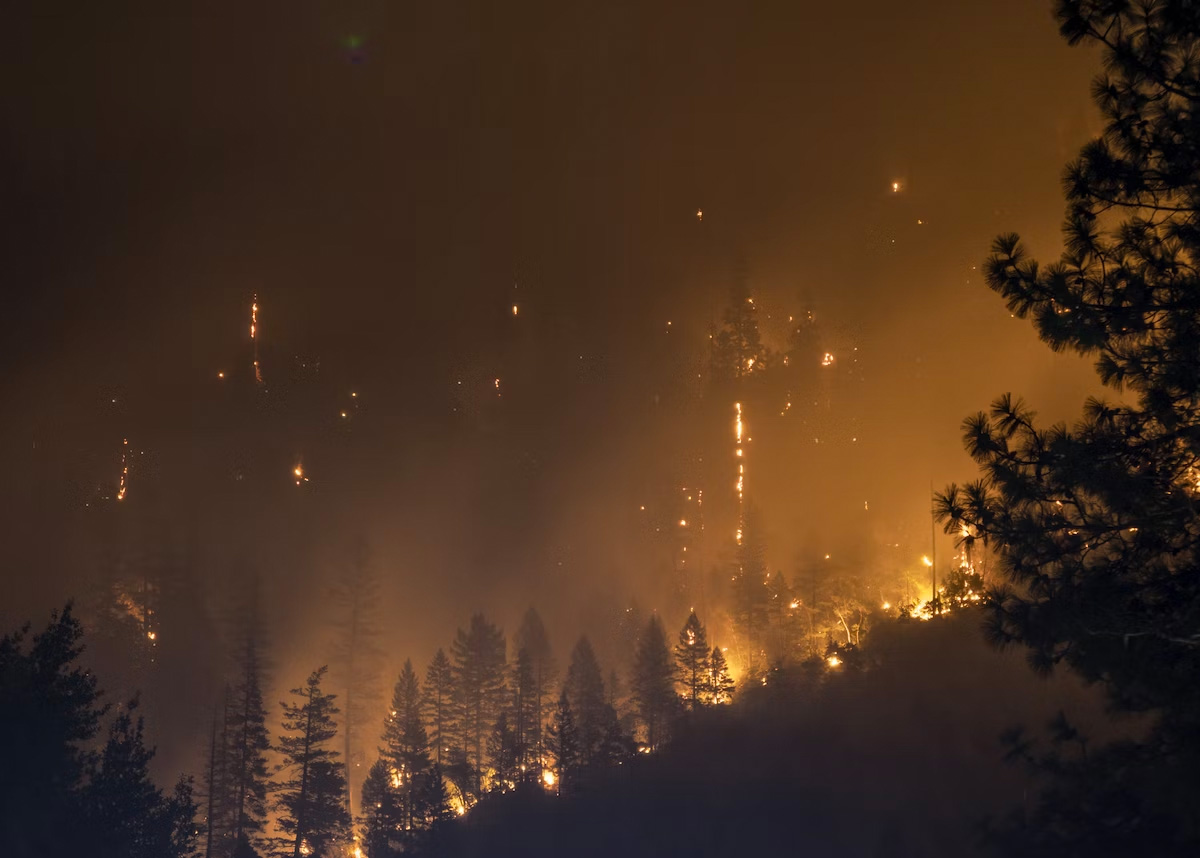
Marshall fire victims with lower incomes, less insurance lag in rebuilding, study findsOpens in a new window
Apr 5, 2023Lower-income Marshall fire victims in Colorado are facing difficulties in rebuilding after the wildfire, with a new study by Assistant Professor of Environmental Katie Dickinson revealing that they are lagging behind due to limited insurance coverage and financial resources.Opens in a new window Full story -

What is the health risk of meth contamination?Opens in a new window
Mar 31, 2023With a recent series of methamphetamine contamination cases at Colorado public libraries making the news nationally, Colorado School of Public Health expert Mike Van Dyke provides context on the public health risk.Opens in a new window Full story -

Growing health and wellness in the community gardenOpens in a new window
Mar 28, 2023There’s a growing body of research supporting the positive health impacts of gardening. Now, a first-of-its-kind randomized controlled trial led by Jill Litt, ColoradoSPH adjunct professor, demonstrates that participation in community gardening is associated with decreased cancer risk.Opens in a new window Full story -

$600,000 NIH grant for Colorado School of Public Health Community Climate Hub
Mar 21, 2023The newly-established Mountain West Alliance for Community Engagement-Climate and Health (ACE-CH) Hub, led by ColoradoSPH researchers, has been awarded $600,000 from the National Institutes of Health to identify evidence-based and community-driven action in the face of the climate crisis.Full story -
/mcs-pic.jpg?sfvrsn=b81558bb_0)
Alumni Spotlight: Maggie Cook-ShimanekOpens in a new window
Mar 20, 2023While on rotations as a medical resident at National Jewish Health, Maggie Cook-Shimanek was instantly attracted to a model of clinical care dedicated to the workforce. Read more about her journey to working an occupational health physician working as the medical director for the Montana Department of Labor and Industry.Opens in a new window Full story -
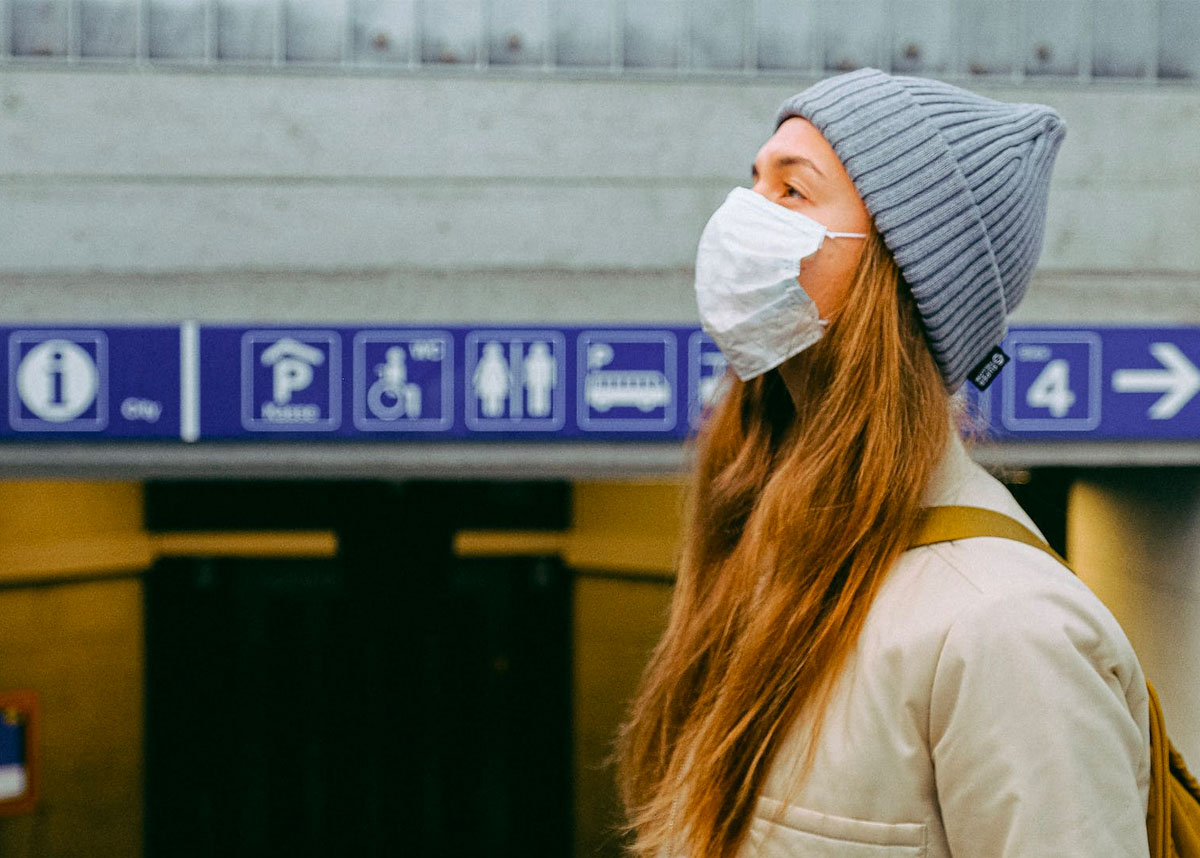
COVID-19 infections increasing in Colorado, but hospitalizations rise only slightlyOpens in a new window
Feb 16, 2023“We’re sort of at a steady, manageable level for the moment,” said Dean Jon Samet. “It’s too early to say” if the flu is done, he said.Opens in a new window Full story -

Convening Colorado business leaders to create recovery friendly workplaces
Feb 13, 2023“We heard from stakeholders representing workforces and employers across the state that supporting employees in recovery is a top priority,” said Lili Tenney, DrPH, director of outreach and programs at CHWE. “Our goal is to build capacity and positive change led by the voice of Colorado businesses and workers.”Full story -

Want to live longer? Consider planting a tree.Opens in a new window
Feb 12, 2023There are several reasons trees may boost health, including better air quality, reduced stress and increased physical activity. “Most evidence confirms that tree planting is beneficial in reducing premature mortality,” said David Rojas Rueda, assistant professor of environmental and occupational health at CSU.Opens in a new window Full story -
/chwe-newsroom/img_3581.jpeg?sfvrsn=88574abb_0)
Student Spotlight: Colton Castro
Feb 6, 2023One of the many ways we work to protect workers is through educating and training future leaders in occupational safety and health. As part of our Student Spotlight series highlighting our trainees, we interviewed Colton Castro, a Mountain & Plains Education and Research Center trainee earning a Master's in Environmental Health with a specialization in Industrial Hygiene from Colorado State University.Full story -
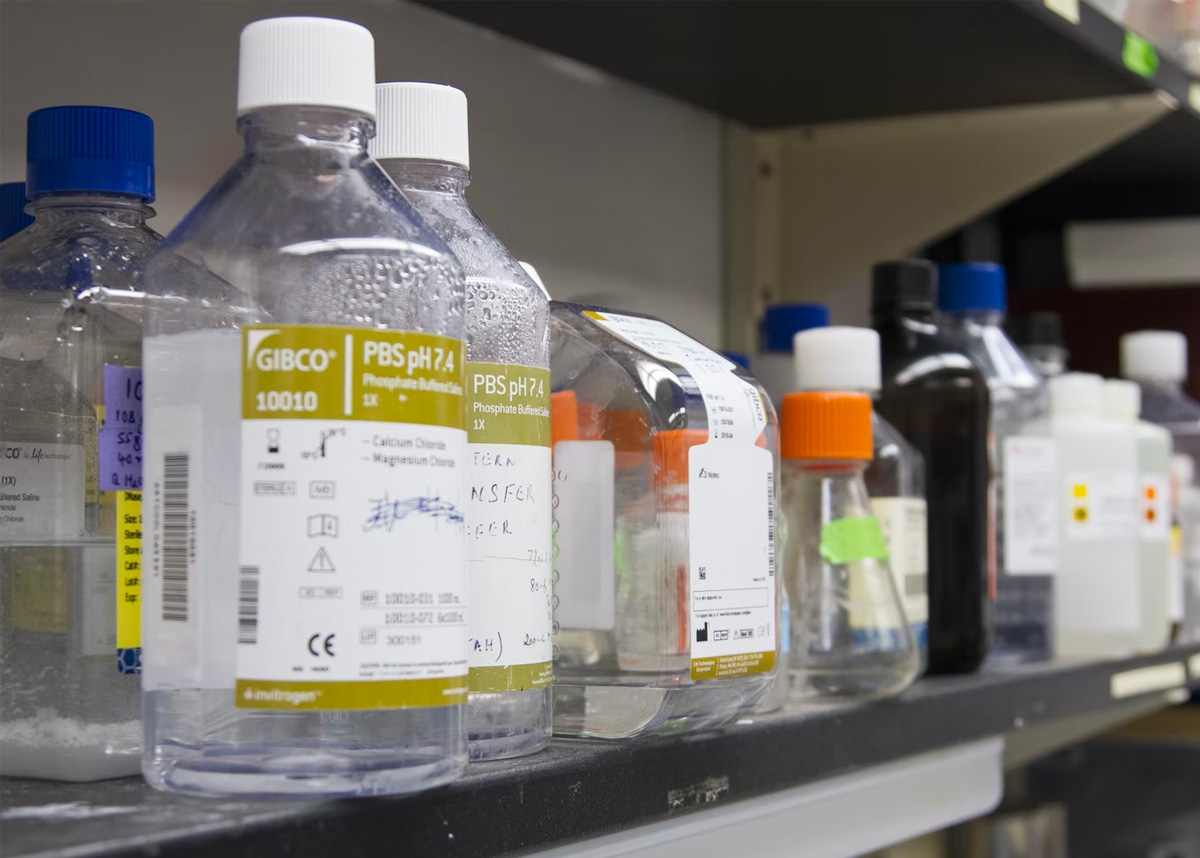
Does this cause cancer? How scientists determine whether a chemical is carcinogenic – sometimes with controversial resultsOpens in a new window
Jan 31, 2023Determining whether a chemical is carcinogenic is a complex and often controversial process. Dr. Brad Reisfeld, professor of environmental and occupational health at CSU, weighs in on these classifications and how they effect environmental and public health.Opens in a new window Full story -
/chwe-newsroom/screenshot-2023-02-01-at-12-43-13-pm.png?sfvrsn=34cc49bb_0)
As Colorado’s worker death toll rises, experts point to these reasonsOpens in a new window
Jan 31, 2023Lili Tenney, DrPH, Assistant Professor and Director of Outreach and Programs at our center, discusses the rise in Colorado workplace fatalities, mental health struggles, and opioid abuse in the Denver Business Journal.Opens in a new window Full story -

Should you extinguish your gas stove?Opens in a new window
Jan 18, 2023New research claims around 10% of childhood asthma is attributable to gas stoves. Dean Jonathan Samet says proper ventilation is key to living more safely alongside gas appliances.Opens in a new window Full story -

The scientific reasons you should resolve to start gardening in 2023
Jan 10, 2023As we compile our lists of resolutions aimed at improving physical and mental health in 2023, new research suggests one addition could have a powerful impact: gardening.Full story -
/chwe-newsroom/francesca-copy.jpeg?sfvrsn=7d694cbb_0)
Francesca Macaluso is Public Health, Born and RaisedOpens in a new window
Jan 9, 2023As a senior professional research assistant and doctorate in public health candidate at the Colorado School of Public Health, Macaluso explores the relationships between issues such as drought and heavy metals exposure in her research projects in the San Luis Valley of Southern Colorado.Opens in a new window Full story -
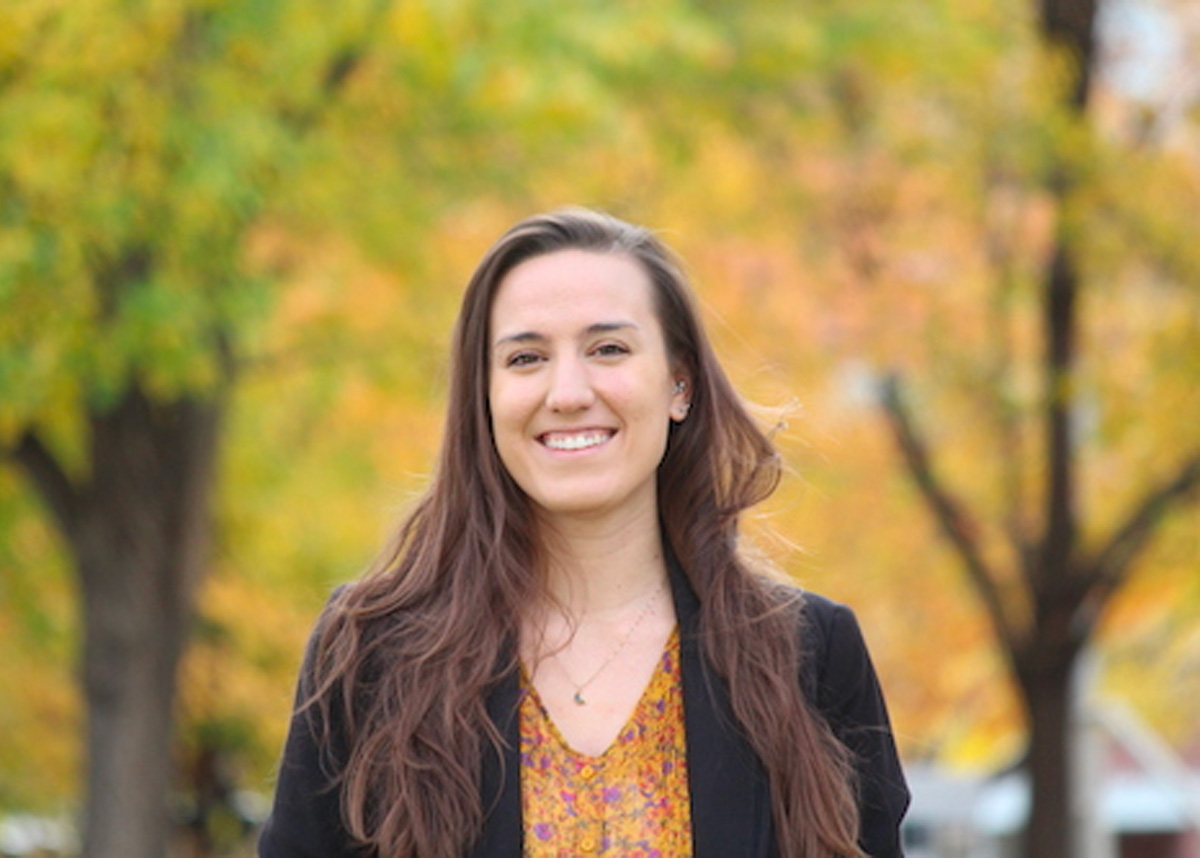
Francesca Macaluso is public health, born and raised
Jan 9, 2023Francesca Macaluso, DrPH student in the Department of Environmental and Occupational Health, is on a mission to uncover the impact of drought and heavy metal exposure on human health in Colorado's San Luis Valley, a region plagued by rising risks of kidney disease, diabetes, and mental health problems.Full story -
/chwe-newsroom/pexels-rodnae-productions-6518694.jpg?sfvrsn=c69247bb_0)
Have a cup of cheer... but consider making it a mocktailOpens in a new window
Dec 13, 2022For many companies, this December will be the first time since 2019 that employees will come together for an in-person holiday party. More employees may be dealing with alcohol addiction than in years past. Employers should be mindful of employees who are in recovery or trying to cut back on their alcohol consumption.Opens in a new window Full story


